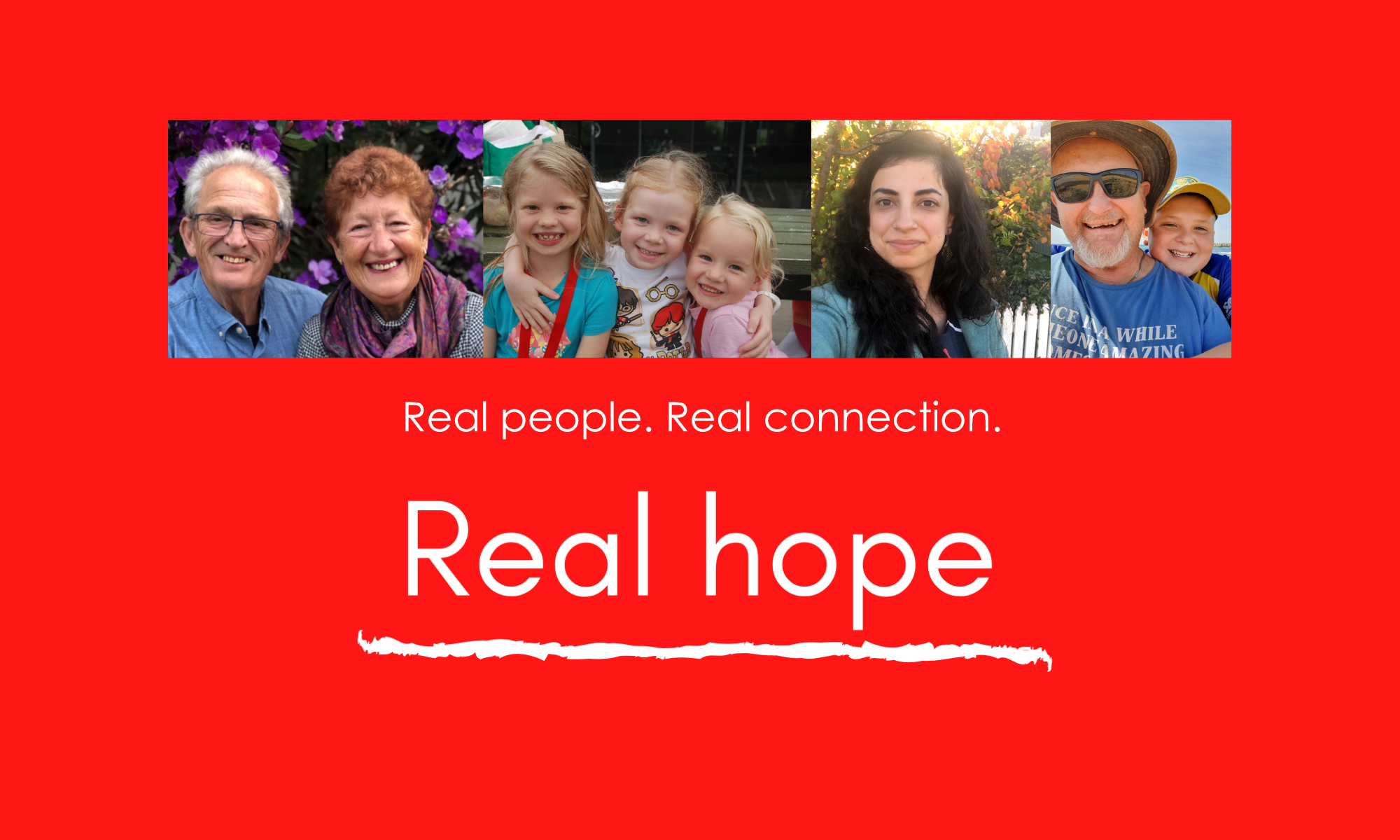Dear friends,
The first election I ever voted in was for a Parish Council in an Anglican Church about a month after I turned 18 and it was super exciting. A friend who had just turned 22 was elected. Since then I have voted in all sorts of elections and I believe it is an important part of having my say on the use of our common resources and the direction of our organisations and country. I know some people take a contrary view and yet the beauty of Christian fellowship is that we can hold and discuss opposing views without assuming we hate each other. This is not often the case in the world! We need to model something different and knowing when to open your mouth and when to keep it closed is often the biggest challenge.
More than anything, the Scriptures urge us to pray regularly for those in power over us (1 Timothy 2:1-4). They need our prayers but we should also pray for ourselves and our responsibility for electing them. No one should ever tell you how you must vote, but I want to urge you to think carefully about how to vote.
We must recognise that each party has various standpoints on different issues and some proposed policies may make it more difficult to be Christian in the future or to hold to and teach a Christian worldview. Some policies may also adversely affect the vulnerable among us. So think carefully. Don’t assume that voting for a Christian party is best and don’t assume that voting for the party or person who will most advantage you is best. Don’t assume that voting for the party you voted for last time is best!
With this in mind, here are some issues to consider from a Christian perspective as you go to vote.
- Freedom of Religion – what are the party’s policies on what we can say, do, teach and uphold as Christians? This is particularly important when it comes to SRE in schools and choosing teachers in Christian schools. It’s worth asking your local members what they think.
- Life, Death and Medicine – what are the party’s policies on euthanasia and abortion? Will medical professionals be able to conscientiously object to the state policy or will they be compelled to toe the line? What philosophy does each party uphold when thinking about freedom and life? It’s worth asking your local members what they think.
- Environmental Theology – what are the party’s policies on the environment and what impact will their decisions have on us? It’s worth asking your local members what they think.
- Vulnerable People – what are the party’s policies on caring for the weak and vulnerable in our community? Are they concerned about indigenous welfare and people with disabilities? It’s worth asking your local members what they think.
These are just four of the issues worth considering both in March and May this year. No doubt there will be others close to your heart. I encourage you to think, ask, pray and decide – not voting the way you feel you should or the way you’ve been told to, but in order to pursue what is good for our society.
In Christ
Nigel
